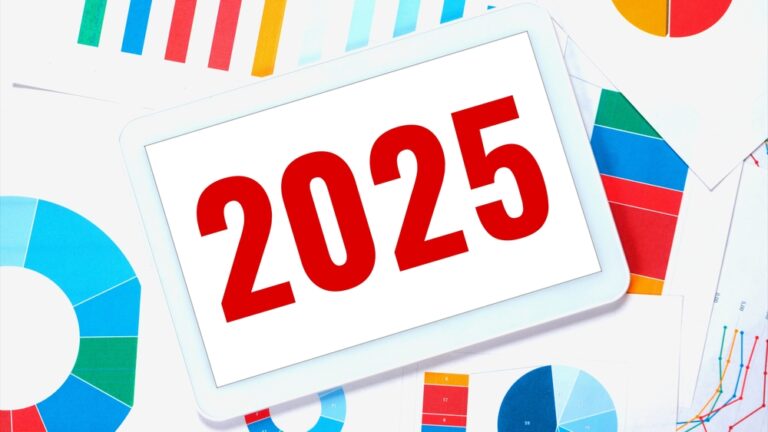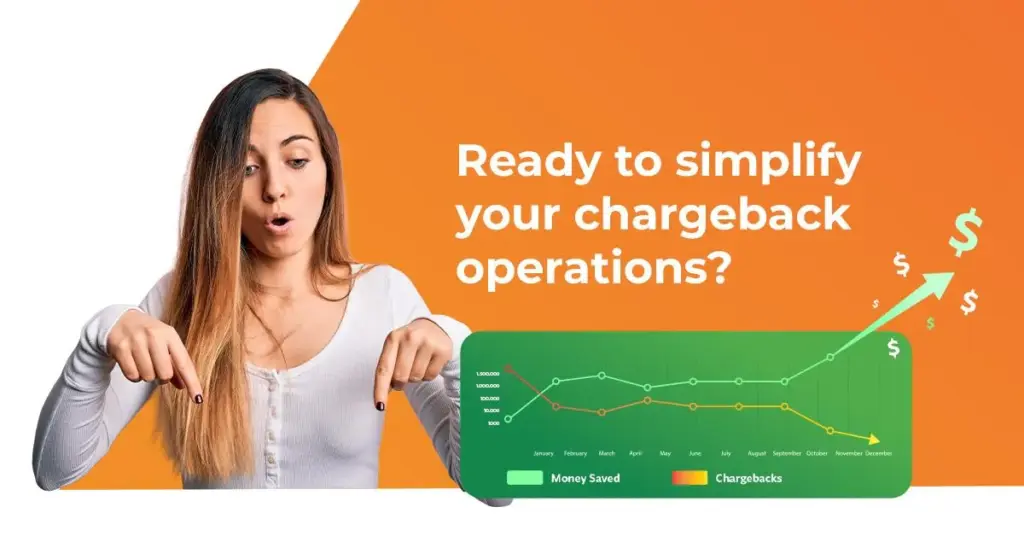CFPB Extends Chargebacks to Buy Now, Pay Later Programs

Buy Now, Pay Later (BNPL) payments are becoming quite popular among both merchants and customers. These programs allow customers to set up short-term installment plans, which goes a long way toward making purchases, and especially bigger ticket purchases, an easier burden for customers to bear. With these programs, customers can buy something and then pay for it stretched out over six to eight weeks. Crucially, if customers make all their payments, they typically won’t have to pay interest or fees. (Merchants, however, must pay fees, usually between 1.5 to 7% of the purchase.)
In the United States alone, the BNPL market topped $70 billion in 2023 and is expected to hit nearly $81 billion in 2024. By 2027, the market is expected to approach $125 billion. Clearly, the programs are popular among shoppers and merchants, but until recently, they were stuck in legal/regulatory limbo as far as the federal government was concerned. Now, a recent ruling by the Consumer Financial Protection Bureau will see BNPL programs treated similarly to credit card purchases. This means many of the protections provided to credit cardholders, including the right to pursue chargebacks, will now be applied to BNPL.
For merchants, BNPL programs offer a great way to drum up sales, reduce friction, and otherwise make shopping easier for customers. However, where there is reward, there is risk. Merchants need to watch out for chargebacks as they can have a huge impact on a company’s bottom line. Until the recent ruling, merchants may have viewed BNPL as an end-run around chargebacks; but now, the opposite is true. BNPL will become a new source of chargebacks, but the right strategies and tools can help merchants mitigate this threat.
Why the BNPL Ruling is Such a Big Deal
When credit cards first started gaining popularity in the 1970s, many lawmakers and consumer advocates were worried that electronic payments could leave consumers exposed to fraud. The concerns weren’t limited to criminals, but also businesses, such as unscrupulous merchants, abusing electronic payments to rip customers off. To protect consumers, various protections were put in place.
The key foundational laws concerning chargebacks include:
- The 1968 Truth in Lending Act (TILA) – Required lenders to disclose the true costs of loans and credit, which paved the way for credit cards and set the tone for the federal government’s approach to electronic transactions.
- The 1974 Fair Credit Billing Act (FCBA) – Protects customers from credit card theft and fraud, requiring credit card providers to investigate disputes and to offer a process for refuting charges.
- The Electronic Fund Transfer Act (EFTA) – This law extended protections for credit card transactions to debit cards (although the protections aren’t quite as robust).
The regulatory environment continues to evolve as the Consumer Financial Protection Bureau’s recent ruling makes clear. The above laws will now apply to BNPL transactions, ensuring that customers can dispute charges. Lenders will also be obligated to provide prompt refunds and pause payments while a dispute is being investigated.
Up until now, some BNPL providers have refused to step in and extend protections to borrowers. In some cases, BNPL lenders have also forced consumers to continue to make payments even after a product is returned to a merchant. Now, they’ll have to provide consumers with a prompt credit on their account.
Chargeback Laws and Regulations Are Crucial
Federal law gives cardholders a right to dispute a charge and credit card issuers are obligated to investigate. The chargeback process wasn’t specifically outlined in law, but the rules directed card networks and lenders to come up with a dispute process. For merchants, chargebacks are a big deal because if a dispute arises, the merchant is going to be hit with financial penalties even if they fight and win a chargeback dispute.
Penalties from chargebacks include:
- Chargeback fees (paid even if a merchant wins)
- A rising chargeback ratio (even if a merchant wins)
- Lost revenues (recoverable if the merchant wins the dispute via representment)
On top of the above, merchants will expend labor power managing complaints and chargebacks. Further, when a customer asks for a refund, they are typically required to return the product in question. With chargebacks, the customer might never return the goods, leading to lost inventory.
Not all electronic transactions are protected by chargebacks. First, debit cards offer protection, but it’s not quite as extensive as with credit cards. Second, direct bank transfers and some other payments are not eligible for chargebacks. Up until now, it wasn’t clear whether BNPL would be treated like a credit card purchase or another type of transfer.
Refusing BNPL Payments Could Cost Merchants Even More
Given the above, you might wonder if merchants should simply avoid BNPL programs outright. With customers eschewing cash in favor of electronic payment methods, refusing to accept electronic transactions could leave merchants at a serious disadvantage. BNPL programs typically don’t check credit scores, thus making it easier for consumers with bad scores to get credit, which can fuel purchases and widen your audience. Further, as far as chargebacks are concerned, traditional credit cards offer a similar risk profile.
Ultimately, BNPL programs are popular among merchants and customers alike because the rewards generally outweigh the risks. Yes, chargebacks could be an issue, but at the same time, reducing friction can drive sales and expand your customer base. That said, any merchant accepting BNPL (and credit/debit cards, for that matter) needs to take chargebacks seriously.
Dispute Management Tools Can Reduce the Risks
Merchants can use a variety of tools to prevent chargebacks before they are filed. For example, Visa/Verifi and Mastercard/Ethoca offer various chargeback prevention tools that merchants can use. With ChargebackHelp’s DEFLECT module, you can provide card issuers with further purchase data through Verifi Order Insight and Ethoca Consumer Clarity. The issuer can use this data to tie the cardholder to their purchase and invalidate a dispute.
Meanwhile, ChargebackHelp’s RESOLVE suite allows you to easily manage Verifi and Ethoca alerts, which warn merchants of pending chargebacks, affording time to settle the dispute before it becomes a chargeback. Ultimately, both DEFLECT and RESOLVE offer features that enable merchants to preempt chargebacks, thus preventing chargeback fees and protecting the chargeback ratio.
Besides preventing disputes, merchants can also fight unwarranted chargebacks via representment, allowing them to recover revenues that would otherwise have been lost. If the chargeback should enter the representment phase, our RECOVER module compiles the evidence and makes the dispute easier to manage. This way, you can fight chargebacks while increasing productivity and preserving OpEx.
The right chargeback mitigation strategies and tools can reduce risks substantially. The payments industry will continue to evolve in the years ahead, but the best dispute and chargeback management solutions will help merchants stay ahead of the curve. In the long run, proactive companies may thrive even as competitors are pushed out of the market.
If your business offers BNPL — or you’re considering it — ChargebackHelp provides the tools that mitigate the risks that come with it. Contact us today, we can show you how. Send us an email, call us at 1.800.975.9905 or contact us here.








